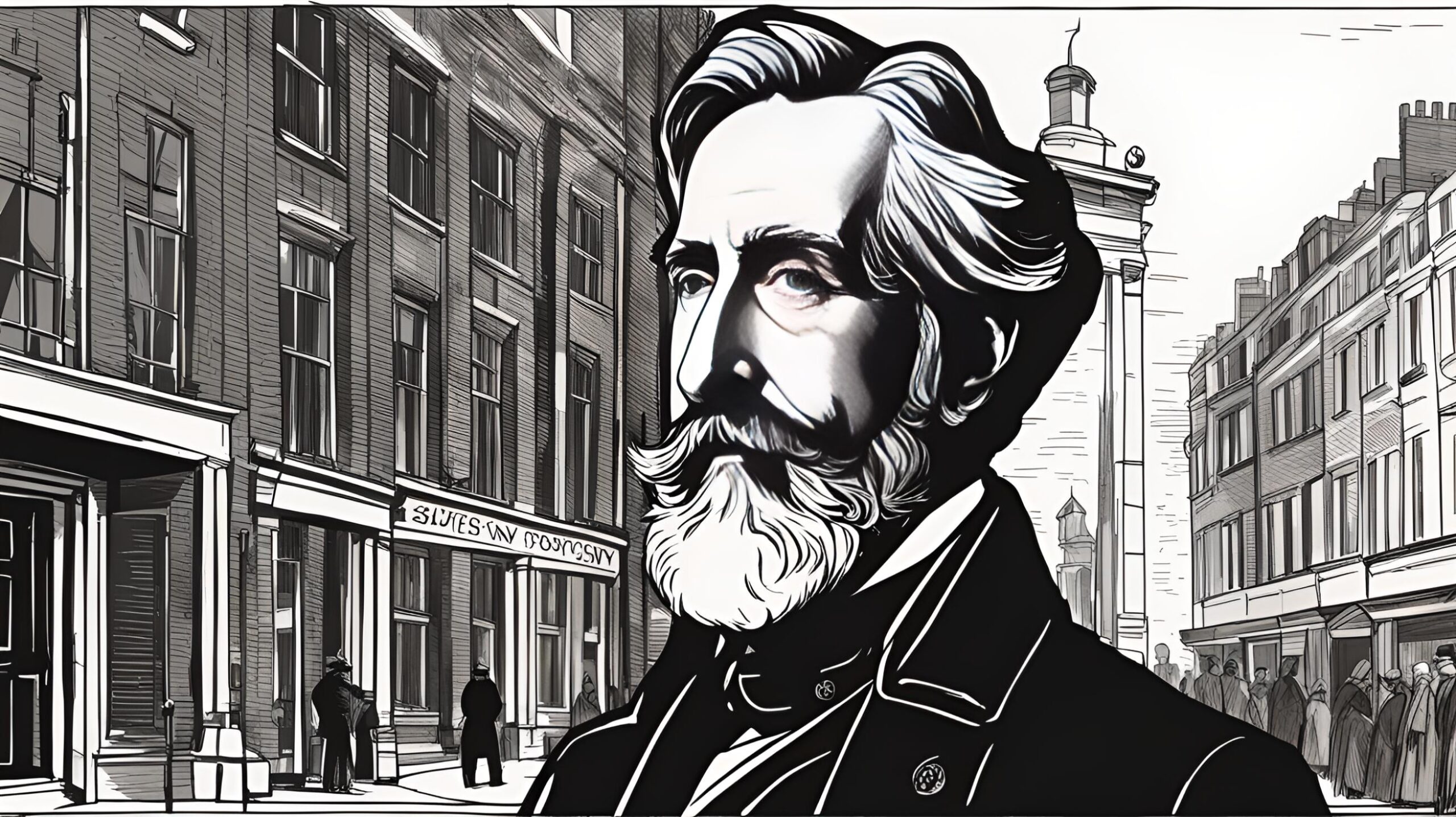Flashback to July 5
American History

On April 9, 1959, a historic announcement was made by NASA that would forever change the course of space exploration. The United States’ first seven astronauts were selected for what would later become known as the Mercury program. The news media quickly dubbed these pioneers the “Mercury Seven,” and their names would go down in history.
The selection of the Mercury Seven astronauts was a significant milestone for NASA and the United States. It marked the country’s first step towards manned spaceflight and the goal of reaching the moon. The intense competition between the United States and the Soviet Union, known as the space race, was at its peak during this time, and this announcement was seen as a major victory for the United States.
The seven astronauts chosen for the Mercury program were carefully selected from a pool of military test pilots. NASA was looking for individuals who possessed exceptional flying skills, physical fitness, and mental acuity. The final selection included the following astronauts: Scott Carpenter, Gordon Cooper, John Glenn, Gus Grissom, Wally Schirra, Alan Shepard, and Deke Slayton.
These seven men instantly became national heroes and celebrities. The news media followed their every move, and their faces graced the covers of magazines and newspapers. They became instant icons, representing the spirit of adventure and exploration that captivated the nation. The Mercury Seven inspired a generation and instilled a sense of pride and hope in the American people.
The Mercury program itself was a series of manned spaceflights aimed at putting an American astronaut into orbit around the Earth. The program consisted of six manned flights, with the first being conducted by Alan Shepard on May 5, 1961. His flight, known as Mercury-Redstone 3 or Freedom 7, lasted for 15 minutes and 28 seconds, reaching a maximum altitude of 187.5 kilometers (116.5 miles). Shepard became the first American to travel into space and returned safely back to Earth.
Following Shepard’s successful mission, the other six Mercury Seven astronauts also made their historic flights. John Glenn’s mission, on February 20, 1962, made him the first American to orbit the Earth. His flight, known as Friendship 7, lasted for nearly five hours, completing three orbits around the planet. This mission was a major triumph for NASA and solidified America’s position in the space race.
In addition to the Mercury program’s technical achievements, it also had a profound impact on popular culture. The Mercury Seven astronauts became household names, and their fame extended beyond the realm of space exploration. They represented the epitome of courage, bravery, and adventure. Their stories were featured in books, movies, and documentaries, further cementing their status as national heroes.
The legacy of the Mercury program and the Mercury Seven astronauts continues to inspire future generations of astronauts and space enthusiasts. Their achievements paved the way for further manned spaceflights, including the Gemini and Apollo missions. The United States went on to achieve President John F. Kennedy’s vision of putting a man on the moon, thanks in large part to the groundbreaking work of the Mercury Seven.
On April 9, 1959, the announcement of the Mercury Seven astronauts marked the beginning of a new era in space exploration. The selection of these seven individuals opened the door to a world of endless possibilities and set the stage for America’s future accomplishments in space. Their courage, determination, and pioneering spirit will forever be remembered as they continue to inspire us to reach for the stars.
We strive for accuracy. If you see something that doesn't look right, click here to contact us!
Sponsored Content

William Booth founded Salvation…
"On July 5, 1865,…

Engagement at Carthage, Missouri.
The Engagement at Carthage,…

C Jackson discovers asteroids…
On July 5, 1937,…

Committee of 9 appointed…
On July 5, 1843,…

William Shockley invents the…
On July 5, 1951,…

President Franklin Roosevelt signs…
On July 5, 1935,…

